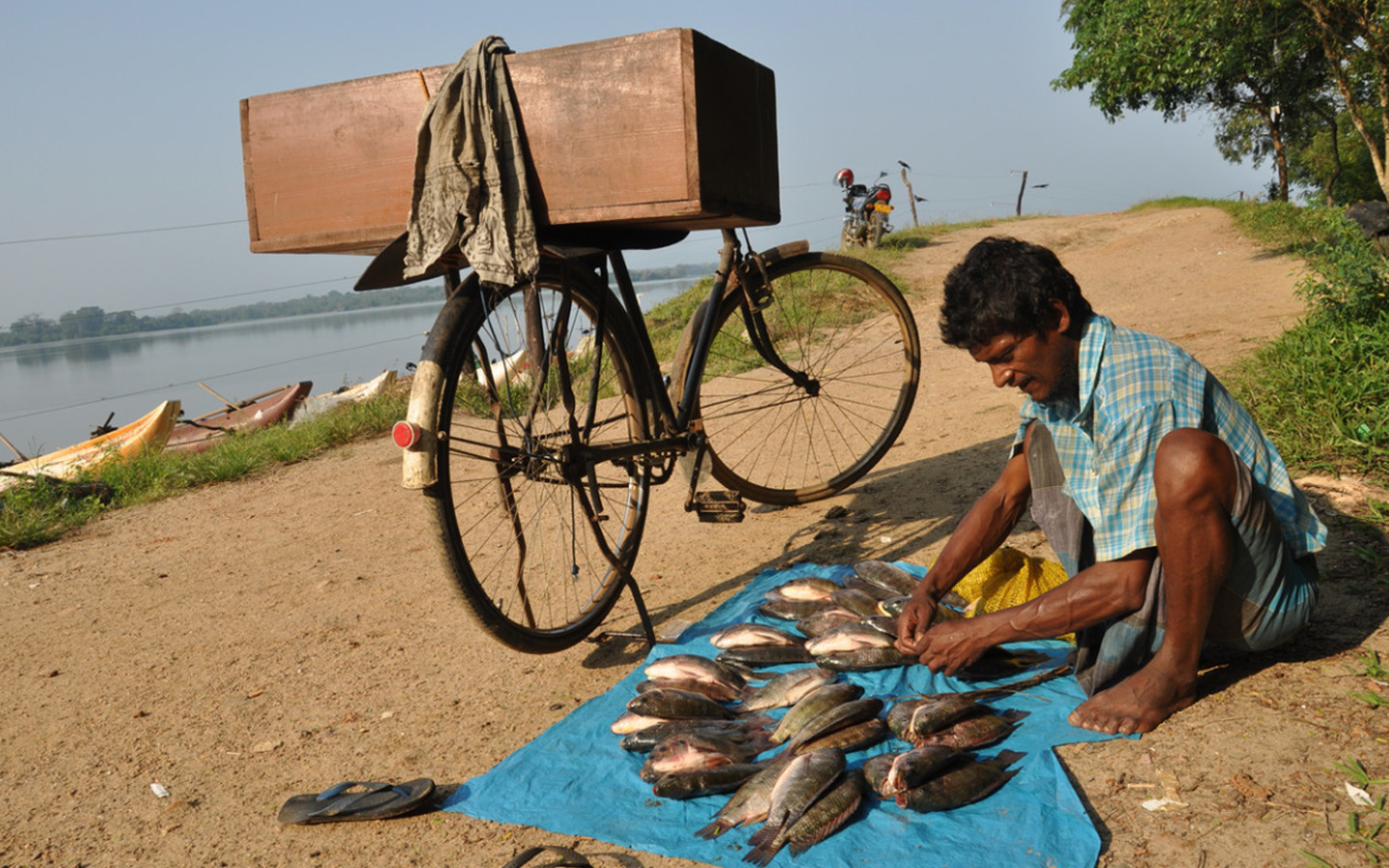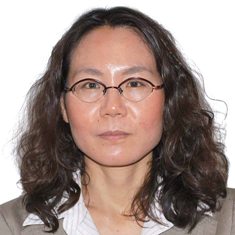Urgent Response to a Food Crisis
Sri Lanka is facing a food crisis. Amid economic difficulties, food insecurity in Sri Lanka has severely affected the poor and vulnerable groups, especially women and children. In collaboration with other development partners, ADB, Japan, and the World Bank are providing critical support to address the country’s food security challenges.
Full-on Food Crisis
Since 2021, the rising cost of food in Sri Lanka has been burdening the entire population, particularly the poor people. By May 2022, the country faced a full-on food crisis. About 38% of households, or 6.3 million people, were considered moderately or severely food insecure by July 2022.
Sri Lanka is still recovering from the COVID-19 pandemic, which reduced Sri Lankan incomes and savings due to job losses and disruptions. In March 2022, a sharp increase in global food and fuel prices, mainly due to the Russian invasion of Ukraine, exacerbated the local situation. Food price inflation reached 58% in May 2022, year-on-year, and soared to 75.8% in June.
Meanwhile, a worsening agricultural production crisis is affecting 2.2 million people engaging in agriculture. The ban on imports of chemical fertilizers and pesticides in May 2021 without adequate preparation and farmer training has led to huge losses in Sri Lankan rice production—a grave concern for a country that was self-sufficient in rice.
Importing essential goods such as food, fuel, and fertilizers has become necessary. However, Sri Lanka’s dwindling foreign currency reserves and long-standing fiscal and current account deficits have made importing more challenging, resulting in acute shortages and price hikes of these essential needs.
Sri Lanka’s food crisis has greatly affected the poor and vulnerable groups, especially women and children. Malnutrition among children is on the rise, as well as gender–based and domestic violence, which often go unreported.
In May 2022, the government officially requested emergency assistance from ADB to address Sri Lanka’s burgeoning food crisis. Accordingly, ADB prepared emergency assistance in close coordination with the Asian Infrastructure Investment Bank, United Nations (UN) agencies, World Bank, and other development partners.
Stepping Up Emergency Assistance
In August 2022, ADB approved an emergency assistance loan of $200 million, the Sri Lanka: Food Security and Livelihood Recovery Emergency Assistance Project. Cofinancing is provided by the World Bank with a $275 million parallel loan and the Japan Fund for Prosperous and Resilient Asia and the Pacific (JFPR) with a $3 million grant.
ADB’s support to Sri Lanka will provide immediate, short-term, and targeted assistance to the poor and vulnerable groups, especially women and children, to weather the food crisis while enhancing resilience to future emergencies, including climate-related disasters.
The JFPR grant directly supported vulnerable women, children, the elderly, and people with disabilities and promoted more sustainable and climate-resilient farming practices amid the rising costs of agricultural inputs. The World Bank’s parallel loan supported cash transfers to the poor and vulnerable people in May–August 2022 and ensured a timely supply of agricultural inputs.
ADB, Japan, and the World Bank are working together to ensure that critical emergency support will reach the poorest and most vulnerable people suffering from Sri Lanka’s food crisis.
Asako Maruyamasenior education specialist and project officer, ADB
The project also benefited from United Nations agencies, such as the World Food Programme and United Nations Children’s Fund (UNICEF). The World Food Programme provided timely and regular updates on Sri Lanka’s food security situation, which was helpful in designing the project. UNICEF provided useful suggestions for the support of pregnant and lactating women and malnourished children during project preparation.
“ADB’s emergency response to the Sri Lankan food crisis is providing for not only the immediate needs of the poor and vulnerable, but also their livelihoods, especially low-income families and farmers, to ensure that they get back on their feet,” Asako Maruyama, senior education specialist and project officer, said.
Helping Poor People Through the Food Crisis
ADB’s support to Sri Lanka will help improve food security and livelihoods of the poor and vulnerable people, particularly women and children. Specifically, the project will:
Temporarily scale up and broaden direct financial support for the poor and vulnerable people. For at least 3 months, the project will support the continuation of the temporary increase in the monthly benefit level and the number of beneficiaries under existing social assistance programs, including about 2.4 million low-income families, 600,000 senior citizens, and 175,000 persons with disabilities and kidney disease patients. Temporary cash grants will be given to beneficiaries of the food voucher program, including about 300,000 pregnant and lactating women and malnourished children. UNICEF has also been coordinating with ADB for cash grants for pregnant and lactating women and malnourished children.
The JFPR grant will support the basic needs and livelihood of about 18,000 highly vulnerable women and children, older persons, and persons with disabilities. It will also strengthen referral and support mechanisms and services for victims of gender-based and domestic violence.
Provide better support for livelihood development activities of the poor and vulnerable people. The project will provide financial, technical, and knowledge support, and mentoring and coaching to promote sustainable livelihoods.
Financial support of up to SLRs20,000 per hectare will be provided for farmers to compensate for the rising costs of agricultural production and incentivize food production.
Upgraded livelihood development programs for low-income families, comprising a set of sequenced interventions, livelihood assistance grants of up to SLRs100,000 per family, and climate adaptation measures will be piloted in selected districts over 18–20 months to help them develop sustainable livelihoods and enhance food security. About 600,000 farmers and 7,500 families will benefit from these livelihood development activities.
The JFPR grant will support the upgrading and delivery of the Good Agricultural Practices certification program to improve crop productivity among farmers and farmer groups, especially female farmers.
Enhance social protection systems. The project will upgrade the existing information technology systems and digital tools for social protection to improve service delivery and build resilience to future emergencies.
The agriculture and agrarian information platform will also be upgraded to provide climate-smart agronomic advisory services for farmers, specialists, field-level officers, and policy makers.
“ADB, Japan, and the World Bank are working together to ensure that critical emergency support will reach the poorest and most vulnerable groups suffering from Sri Lanka’s food crisis,” Maruyama said.
Cost
$478.4 million
- ADB Resources $200 million
- Government of Sri Lanka $360,000
Cofinancing Partners
- World Bank (Loan) $275 million
- Japan Fund for Prosperous and Resilient Asia and the Pacific (Grant) $3 million
Dates
Approval Date 30 August 2022
Signing Date 9 September 2022
Completion Date 31 August 2024


